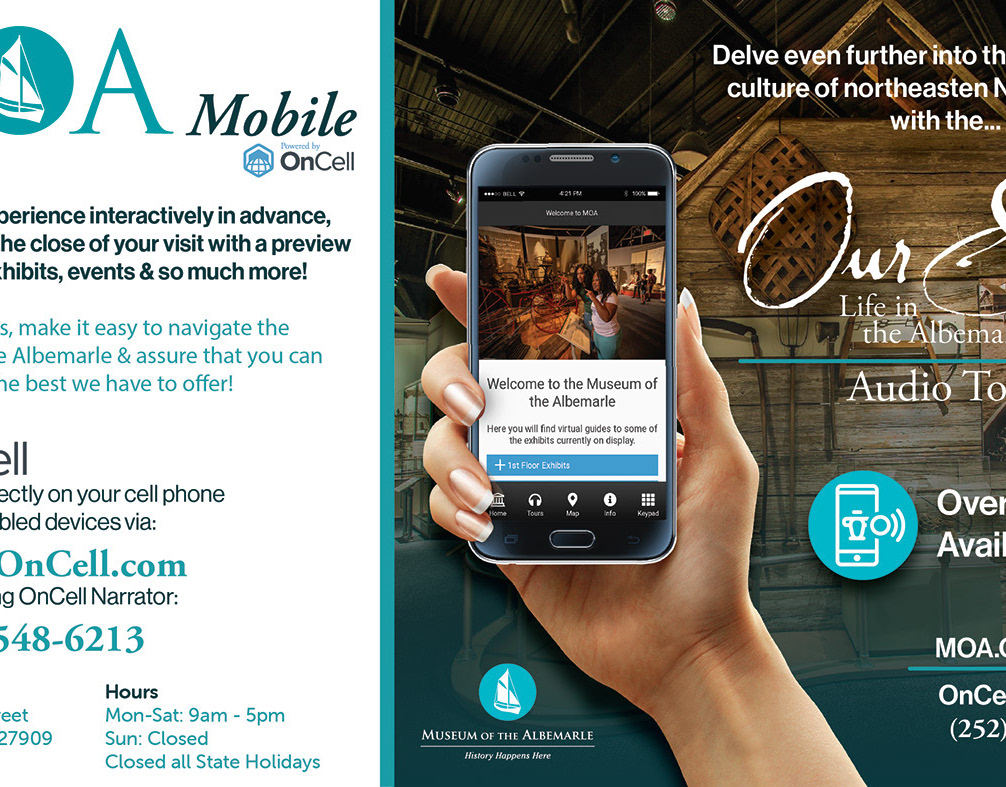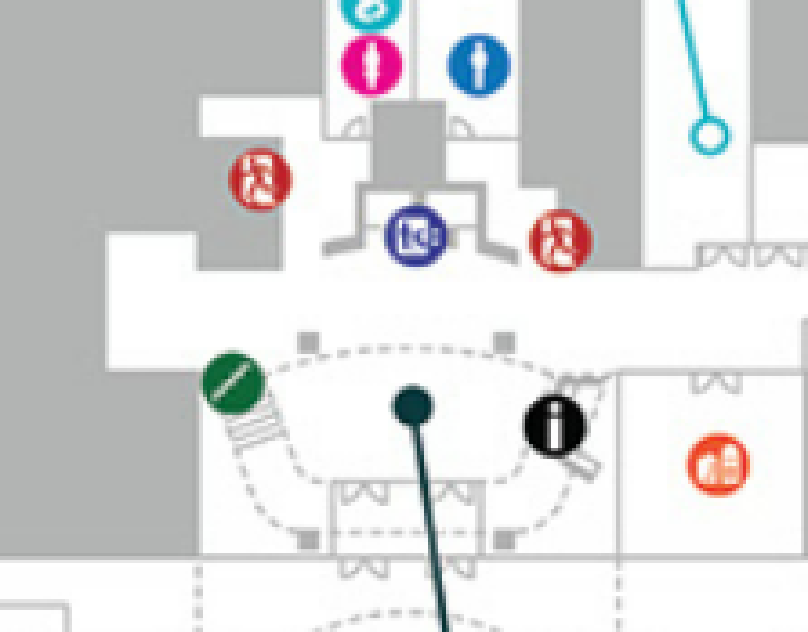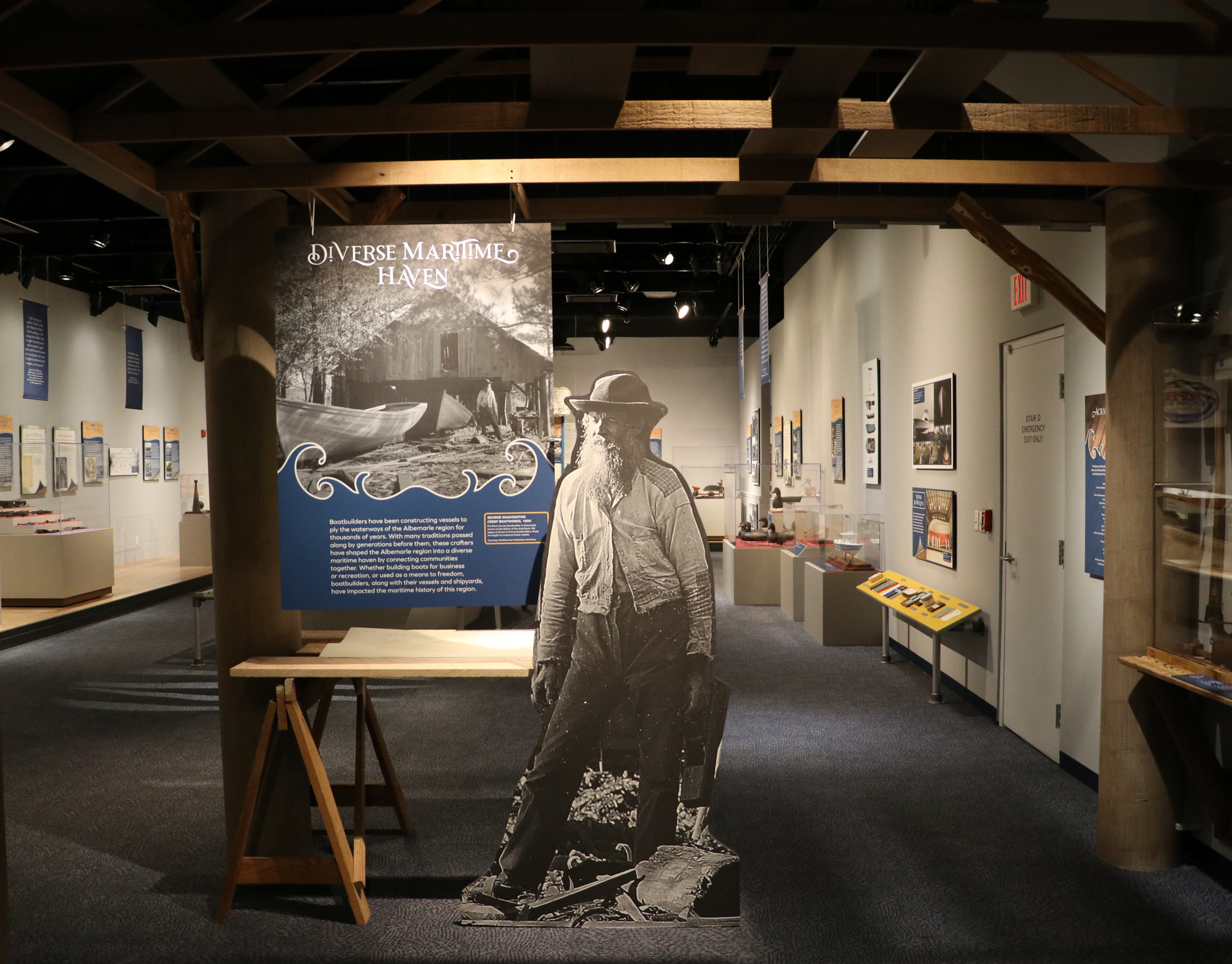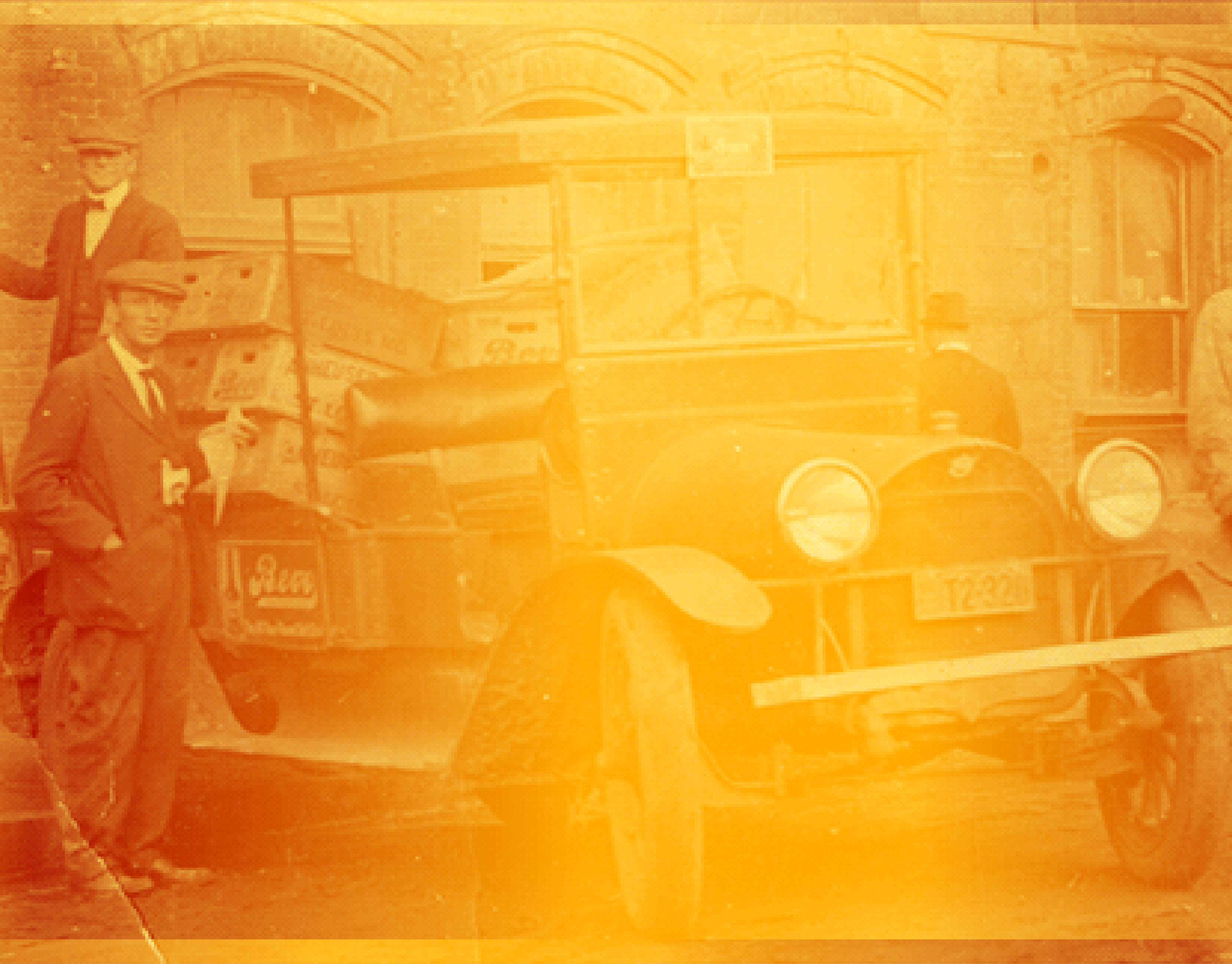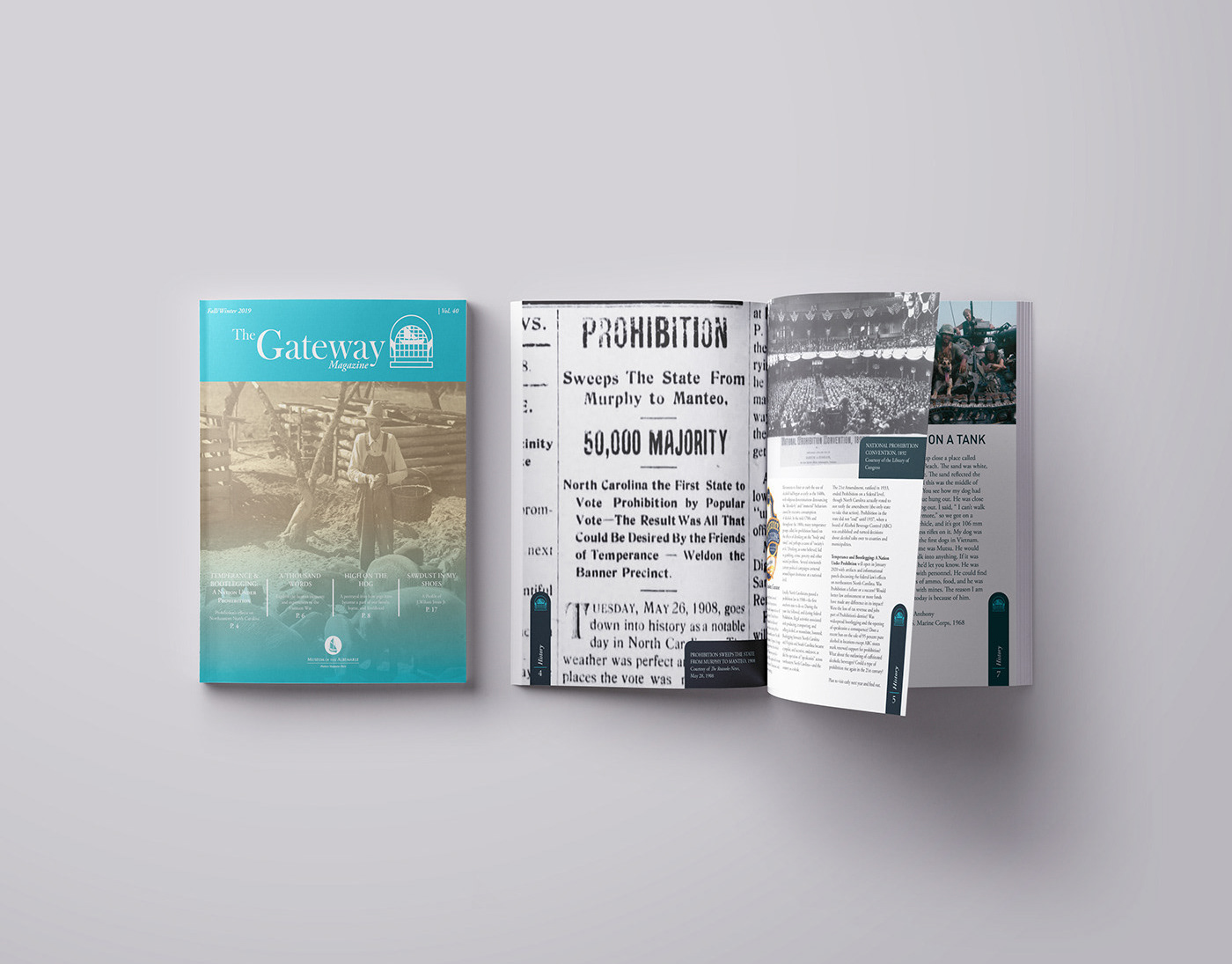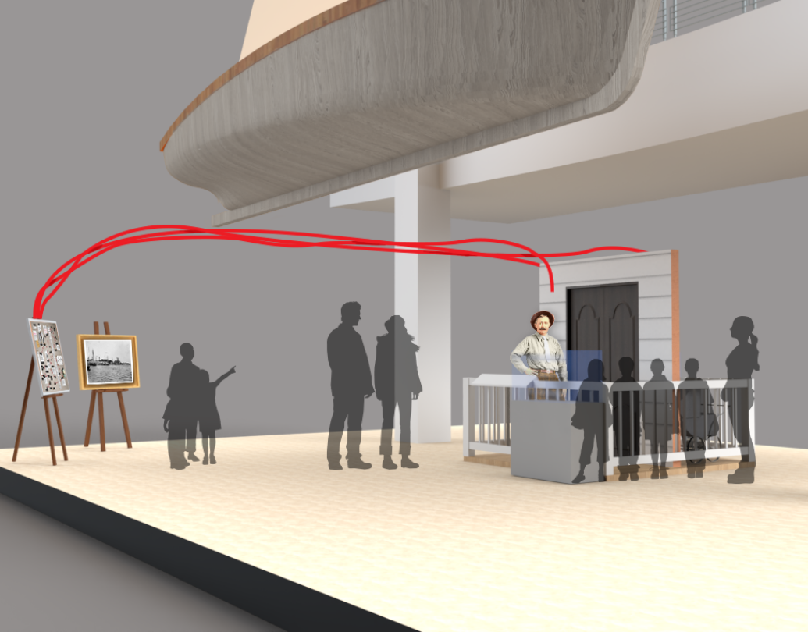Brewing up History
Inspired by the Museum of the Albemarle's upcoming 2020 Exhibition, "Temperance & Bootlegging: A Nation Under Prohibition". The museum's foundation, Friends of the Museum of the Albemarle, reached out to Elizabeth City's local craft brewery, Ghost Harbor Brewing Company, to help create the second North Carolinian Museum & Brewery Collaboration.
The joint collaboration is designed to help reach out to our younger professional demographic shared between both parties. The Museum's exhibition which celebrates the Centennial of Prohibition helps drive this special creation.
The collaboration helps drive community involvement with our small-businesses, teach the importance of providing support to the common effort of preserving our history, education of our youth, and philanthropy. The Foundation and Brewery, together over this 4 part collaboration collect, a portion of the proceeds to support the mission of the Friends of the Museum of the Albemarle to provide funds for exciting exhibits, educational programs, and artifact conservation that interpret the history of northeastern North Carolina.
What was Prohibition?
Prohibition, the legal prevention of the manufacture, sale, and transportation of “intoxicating liquors” in the United States, was ratified 100 years ago under the terms of the Eighteenth Amendment. Although the temperance movement, which was widely supported, had succeeded in bringing about this legislation, millions of Americans drank liquor illegally, which gave rise to bootlegging and speakeasies and huge profits from the illicit liquor trade. Loopholes in this act–liquor used for medicinal, sacramental or industrial purposes, and fruit or grape beverages prepared at home–hampered the enforcement of Prohibition, and it would remain more of an ideal than a reality.


